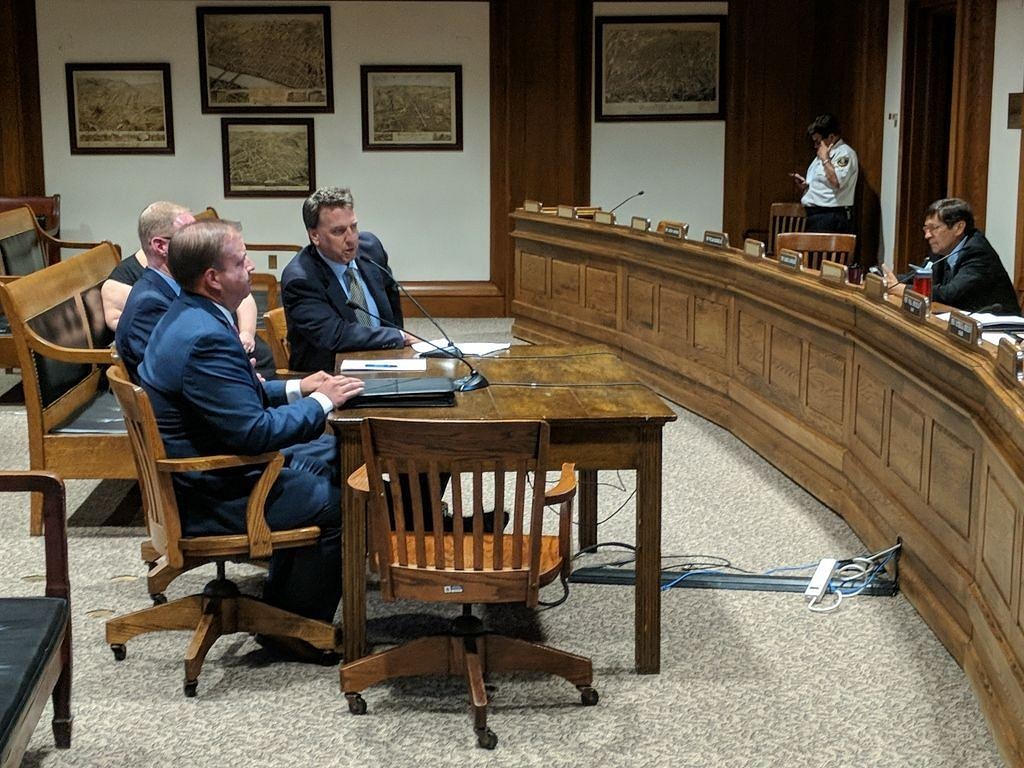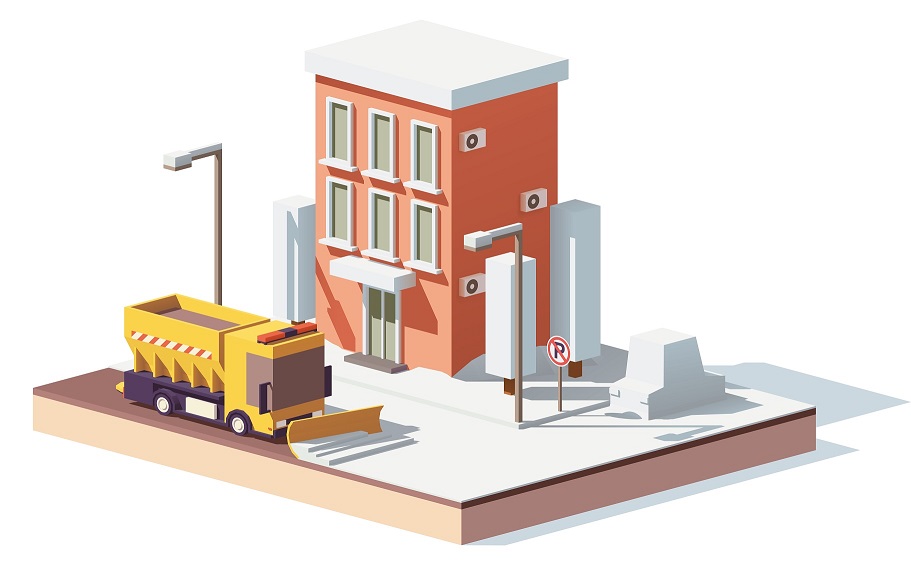The High Cost of Snow Plow Insurance: Join C&S in Changing MA Law
 Why is the cost of snow plow insurance so high in Massachusetts?
Why is the cost of snow plow insurance so high in Massachusetts?
Right now, property owners have all the control over snow plow service contracts. They can demand, for example, that a snow plow contractor sign an agreement containing a “hold harmless” clause. This type of contract language means that if someone slips in a driveway or a parking lot, the property owner assumes zero liability. All the risk is passed onto the contractor.
Naturally, insurance companies get nervous about accepting so much risk on behalf of a snow plow contractor. As a result, insurance companies either refuse to offer snow/ice management coverage, or they offer it at a very high price. Increasingly, small business contractors can’t afford to pay the rates insurers are asking.
Why is it unfair to put all the liability on snow contractors’ shoulders?
Again, contractors are tied to the terms of their service contracts—including the scope of work outlined by the property owner (who is probably not a snow/ice management expert). If the owner drafts his contract to say that plow service should begin after two inches of snow have accumulated, that is the directive contractors must follow. The contract can also dictate when and how often salt is applied.
Meanwhile, the roadway surface may become very dangerous for traffic or pedestrians. And still, a slip and fall lawsuit could only go after the contractor—not the property owner. This includes cases where the property involved is a busy parking lot.
Why can’t snow plow contractors shop around for better rates?
At present, only a handful of insurance carriers will even consider writing an insurance policy for snow and ice management contractors. Due to a lack of competition, insurance carriers can raise rates even higher.
According to the Massachusetts Association of Landscape Professionals, which represents many landscapers who also do snow plow work in the winter, it is not uncommon for a business owner to see his CGL policy go from $15,000 to $150,000—simply because he needs snow plow insurance. To make matters worse, some of the carriers who still write snow plow policies are beginning to exclude coverage for work on certain types of properties (e.g. healthcare facilities and big box stores, like Target).
How will Bill S.1116 help to improve the cost of snow plow insurance?
Senator Bruce Tarr recently filed a piece of legislation labeled Bill S.1116, An Act Relative to Snow Removal Service Liability Limitation. This bill aims to prohibit the use of “hold harmless” clauses in snow plow service contracts. In other words, property owners would no longer be able to pass the buck completely, in the event of a lawsuit.
The bill comes after years of lobbying and testimony, across the country, by the Accredited Snow Contractors Association (ASCA). Here’s a look at how other states are addressing hold harmless clauses for their snow contractors.
What is the status of the new snow plow legislation in Massachusetts?
The bill was first referred to the committee on Labor and Workforce Development on January 22, 2019.
On Tuesday, July 9th, our landscaping insurance expert Tim Kane testified before lawmakers—together with a group of Massachusetts landscapers–outlining the severity of this problem and highlighting the many local contractors who are affected. Panel One (pictured below) included Kevin Gilbride of the Accredited Snow Contractors Association, Brian Paige of Paige Landscape, and Tim Kane (C&S Insurance). A second panel included Dick Churchill (The GroundsKeeper), Doug McDuff (Landscape America), and Joe Szczechowicz (Szczechowicz Landscape Services).
The Committee must now make its recommendation by the first Wednesday in February 2020. That said, the Massachusetts Association of Landscape Professionals will be pushing lawmakers to act far sooner than this Joint Rule 10 deadline.

What can I do to support Bill S.1116 and help control the cost of snow plow insurance for local contractors?
Help us and our friends at the Massachusetts Association of Landscape Professional (MLP) by writing to your Massachusetts representatives. Go to the MLP website and download a sample letter, which you can use to add your name to this important cause.

 Why is the cost of snow plow insurance so high in Massachusetts?
Why is the cost of snow plow insurance so high in Massachusetts?